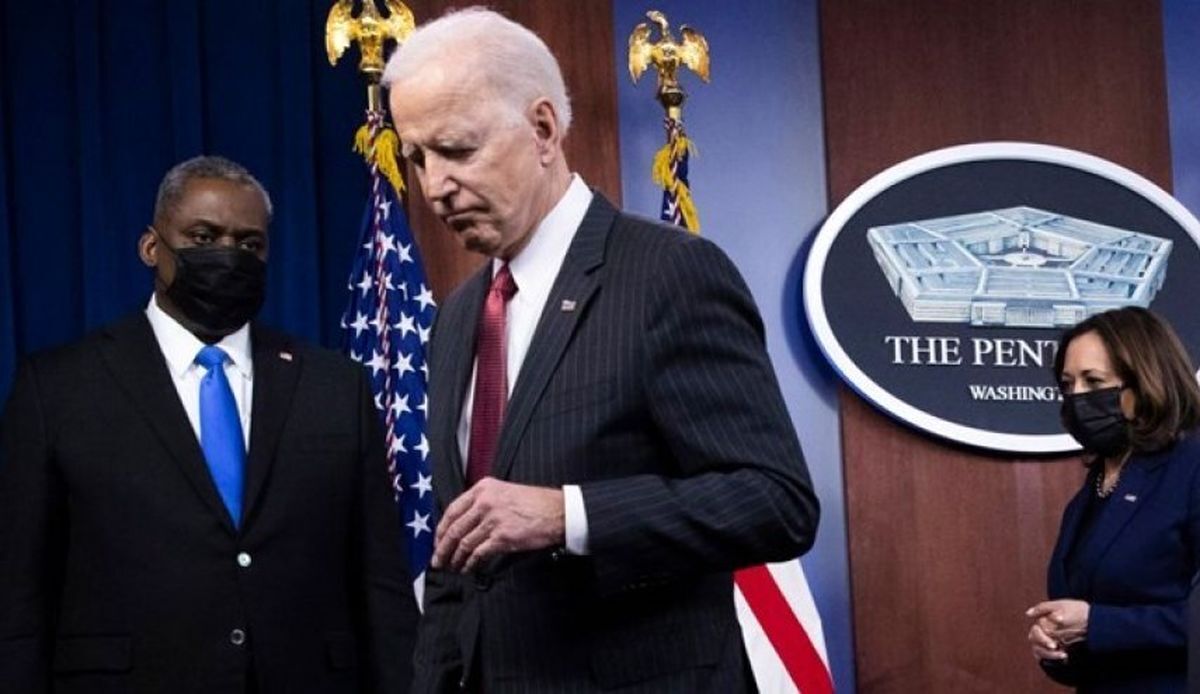
Davoud Ahmadzadeh, in an interview with the website of the Strategic Council on Foreign Relations, said: “The United States claims that the Resistance groups were involved in the attack on US base on the border of Jordan, and therefore it launched attacks against them. This is even though before these attacks, the US had announced that it did not want the Gaza war to spread to the region, and they had also announced their general policy of preventing the spread of the crisis to the region. But the recent US attack has somewhat messed up the equations.”
The expert on Middle East issues pointed out that the Axis of Resistance, which considers itself the supporter of the Palestinian Resistance groups, especially Hamas, to prevent more casualties of the Palestinian people and to support Hamas, carries out some harmful actions against the American bases and explained: “In this regard, a front was opened from the side of Yemen, and Ansarullah’s forces launched attacks through the Gulf of Aden and Bab al-Mandab towards the ships that were moving towards the ~Occupied Territories. Other Resistance groups in Syria and Iraq also carry out attacks against American bases.
Ahmadzadeh stated that after the attack of the Iraqi Resistance on the American military base in Jordan, Joe Biden came under pressure from Congress to take revenge on the Axis of the Resistance and was forced to take action: “At this point, the officials of the White House and the Pentagon announced that these actions are targeted and the time frame for it is not clear. This means that it will be a step-by-step and long-term attack. After that, we saw attacks by the US against the Axis of Resistance in Iraq and Syria, and the coalition led by the US is still planning attacks on Yemen.”
Asked whether these attacks and Washington’s efforts against the Axis of Resistance would secure their interests in the region, this expert explained: “The interests of the United States in the region will be secured if the Axis of Resistance becomes completely ineffective and no countermeasures are taken against American forces. He added: “After the attack on Jordan, Iraq’s Kataib Hezbollah have temporarily suspended their actions in order to reduce tensions and control the crisis and prevent it from spreading to the region. However, some groups still carry out their operations. Therefore, it can be concluded that in the short term, the Axis of Resistance does not want to remain silent and not take action against the interests of America. In this case, with the continuation of American military strikes, we will witness the spread of the crisis in the region.”
Ahmadzadeh said about America’s view of regional issues: “The Americans have drawn their interests the same as the interests of the Zionist regime, and they have common interests.” Among these common interests is to disarm Hamas in the Gaza Strip and take measures to remove Hamas forces from political governance in the Occupied Territories. On the other hand, they are trying to weaken the forces whose direction and tendency are somehow attributed to Iran, i.e., the Axis of Resistance, so that they cannot carry out harmful actions against America or Israel.
He emphasized: “Nevertheless, despite all the efforts and measures taken by the naval coalition forces led by the United States and England against Yemen, attacks on American and British cargo and military ships in the Gulf of Aden and Bab al-Mandab continue. In the region, American attacks have not only not reduced the crisis but have escalated the tension.
According to this expert, as a result, the American attacks not only did not help the security of the region, but in a way, the interests of the United States in the region faced more severe risks. Also, the continuation of these American attacks against the Resistance forces may be faced with more serious action by these forces. In fact, the region is like gunpowder on fire, and it can ignite at any moment.
Ahmadzadeh, regarding the sudden attack of ISIS terrorists on the positions of the army and Hashd al-Shaabi after the American air strikes on this country and the possibility of ISIS terrorists’ connection with the United States, said: “What the Americans have on the agenda under the name of fighting ISIS was that in their announced policy to fight the spread of violence and terrorist attacks of these groups, they have established bases both in Syria and in Iraq. However, in the practical policy of America, we have witnessed minimal cooperation between ISIS forces and America in the region. In fact, America used ISIS as a playing card and used these forces wherever it was in line with its interests. In general, America has always had a two-pronged policy toward ISIS.

No comments:
Post a Comment